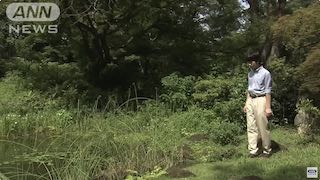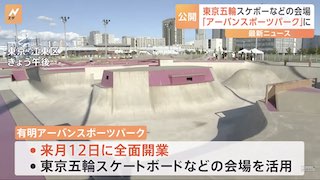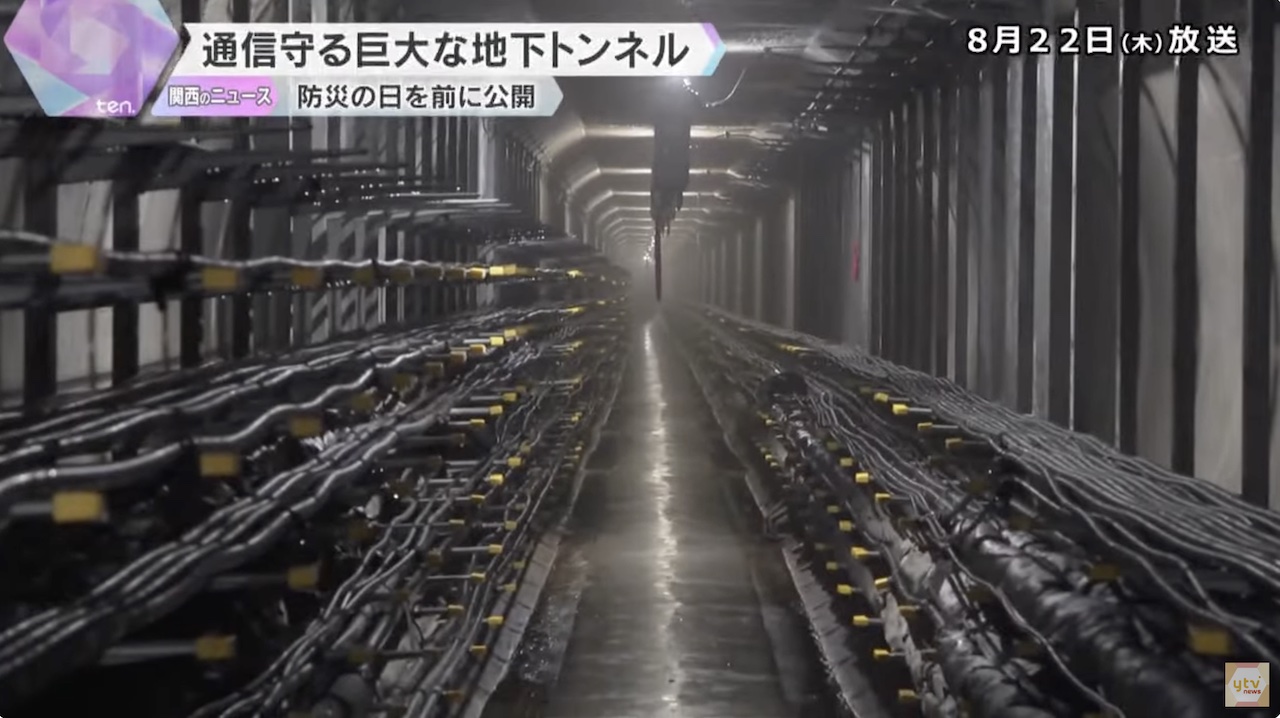TOKYO, May 20 (News On Japan) - Professor Kenjiro Kimura of Kobe University, who also serves as the CEO of Integral Geometry Science, has made a groundbreaking discovery in applied mathematics by solving an unsolved problem and inventing the world's first 'through-object visualization technology.'

This innovation, which allows the unseen to be seen, promises to revolutionize cancer detection, potentially making painful mammograms a thing of the past. Additionally, it may also help prevent the increasingly common explosions of lithium-ion batteries. Novelist Jin Mayama delves into Kimura's world-changing work through the power of mathematics.
Kimura's Breakthrough Technology
Kimura's technology has the potential to change various fields. In the past, structures like Japan's tallest building, the Tokyo Skytree, and rockets launching into space have relied on complex calculations. Kimura's innovation, which can detect previously undetectable cancers, showcases tumors in detailed 3D shapes.
Applications Beyond Cancer Detection
The technology goes beyond medical applications. For instance, it can identify concealed firearms in luggage at airports, potentially eliminating cumbersome baggage checks. Kimura's aim is to use mathematical visualization to identify specific objects like guns, enhancing security measures.
Preventing Battery Explosions
Kimura's expertise extends to the safe operation of lithium-ion batteries, which are prone to catching fire. Lithium, a light metal, does not show up on X-rays, but Kimura's calculations can detect it. This capability is critical for preventing fires caused by these batteries, which are now indispensable in smartphones and electric vehicles.
Mathematics in Action
Unlike traditional experimental approaches, Kimura's methods use mathematical formulas first, predicting outcomes without the need for initial physical experiments. His technology, already being adopted by major corporations, could revolutionize industries and create a market worth an estimated 500 billion yen.
Source: テレ東BIZ















